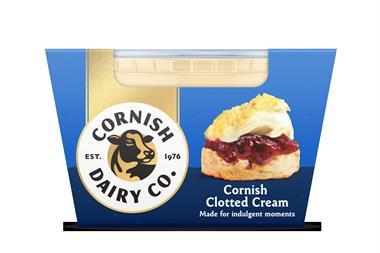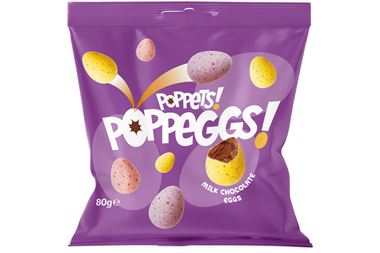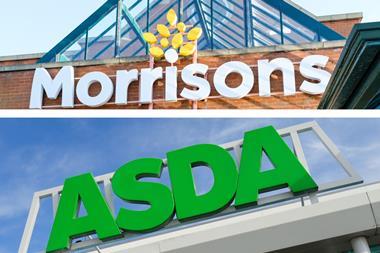
Just over 1% of product launches in the UK are ‘distinctive innovation’. So concluded the innovation report commissioned by the British Brands Group last year, which identified only 77 products that met the criteria in 2021. The remaining 5,423 were only ‘everyday innovation’, found the study, published in The Grocer in May.
This is a damning indictment but, in my view, remains very generous versus the reality today. We should be differentiating between distinctive innovation and an everyday ‘new product launch (NPL)’, because new products in fmcg are rarely connected to real innovation. We should be honest about this to give credit to true innovation and seek to change the industry pathway to help innovative ideas make it through.
Most innovative breakthroughs in fmcg – like compostable packaging, upcycled foods, or food safety via blockchain technology – are logistics and supply chain, not actual product. People think it’s different for food, which works only with flavour and ingredients. I disagree: plant-based, insect protein, lab-grown meat products, and edible seaweed packaging are all good examples of products that could change the consumer world, but barriers prevent the innovation from coming through. It’s reached the point that big companies aren’t trying anymore.
Branded, successful large companies are only incentivised to tweak, not step-change, because retail chains don’t have the patience to allow a new concept the time needed to establish a new category.
New suppliers are forced to launch to the grocery chains one by one due to the high costs, so launch impact is lost – and most fail. Innovative products often involve higher production costs of new ingredients or processes. Retailer pressure for margin then further drains funds that could otherwise be used to create awareness and trial.
It seems obvious that own label has an open door with reduced cost burdens like marketing, PR, listing/shelf and retail media fees, but own label only provided 13% of the distinctive launches in that BBG study. Instead, they prefer the surety of mimicking brands at lower prices.
Incubator schemes are one solution offered by retailers. But these are too greedy on exclusivity, and even honest buyers dissuade suppliers from entering them if they have true innovation and a great commercial argument.
There are, of course, rare exceptions when new young supplier businesses get their selling story right. Moth, for example, navigated the pitfalls to succeed. Its innovation was a range of bar-strength, bar-quality classic cocktails in a can. It entered the RTD category as an independent new brand.
The commercial argument, which involved trading up shoppers to a higher price point and creating a whole new premium canned cocktail segment, gained the long-term commitment of Waitrose, its first listing. Once the concept was proven and the financing was possible, it gradually rolled out to all major grocery multiples and selected convenience stores.
We should celebrate great NPD, but stop calling it innovation. Until the industry embraces its reality, we will remain stuck in a cycle of superficial updates.



















No comments yet